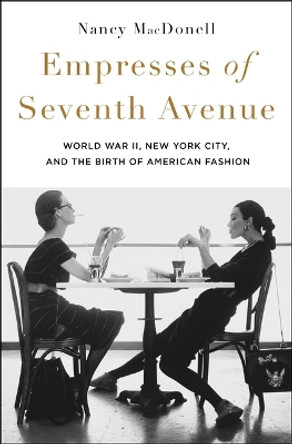Description
This mode of policing was central to La Guardia's influential vision of urban governance, but it was met with resistance from the Black New Yorkers, youth, and working-class women it primarily targeted. The mobilization for World War II introduced new opportunities for the NYPD to intensify policing and criminalize these groups with federal support. In the 1930s these communities were framed as perils to urban order; during the militarized war years, they became a supposed threat to national security itself. Brooks recasts the evolution of urban policing by revealing that the rise of law-and-order liberalism was inseparable from the surveillance, militarism, and nationalism of war.
About the Author
Emily Brooks is a full-time curriculum writer at the New York Public Library's Center for Educators and Schools. She received her PhD in history from the Graduate Center at the City University in New York.
Book Information
ISBN 9781469676586
Author Emily Brooks
Format Hardback
Page Count 258
Imprint The University of North Carolina Press
Publisher The University of North Carolina Press
Weight(grams) 272g





